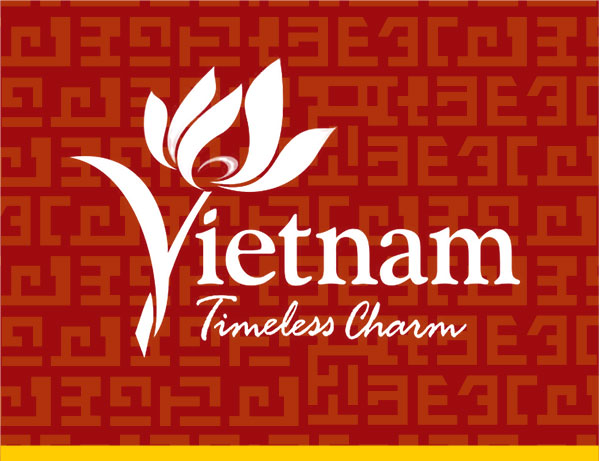The advanced patchwork of belief in Vietnam
In Vietnam, little is what it seems to be on the surface. The country’s faith is an excellent example. Ostensibly, Vietnam is a Buddhist nation – round 80% of the population regard themselves as adherents. Pagodas are all over the place, and Buddhist festivals are embedded within the calendar. Additionally evident are temples with giant effigies of clearly non-Buddhist deities and historic figures, as well as Christian church buildings and indicators of different spiritual sects.
Visitors usually correctly assume that, as in their very own nation, many alternative religions are practiced in Vietnam. Not so! Though in most countries folks commit themselves to a selected faith, sect or cult, in Vietnam, folks subscribe to several completely different canons of beliefs simultaneously.
The triple religion
The bedrock of spiritual apply in Vietnam is an amalgam of several components. The key non secular inheritance from China, Confucianism, Taoism and ancestor worship, have coalesced with historic Vietnamese animism to type a single entity – ‘tam giao’ – the ‘triple religion’. Every component exists in a pure form in Vietnam, and there are sects and cults that adhere to a single set of beliefs, however the great majority of people that describe themselves as ‘Buddhist’ are utilizing it as a portmanteau phrase for the ‘tam giao’.
Vietnam’s main religions are described separately in this section, but it should be famous that lots of the orthodoxies referred to have been adapted to ‘fit’ the lifestyle, rather than the opposite approach round. For instance, though Mahayana Buddhism requires its followers to abstain from consuming meat, Vietnamese Buddhists (aside from monks and other acolytes) avoid meat solely on two days each month, the total and the brand new moon. Folks arriving with a perception that vegetarianism might be widespread in Vietnam are dismayed to seek out that this is not so.
Christianity in Vietnam
Of the main spiritual faiths present in Vietnam, the Catholics adhere most carefully to their creed. However, many still preserve an altar in their houses to worship the ancestors, or use a Christian shrine for a similar purpose.
The Catholic Church has been distinguished in Vietnam’s recent history. Initially, little notice was taken of European missionaries getting into Vietnam from the sixteenth century onwards. Nevertheless, when Christianity started to achieve a foothold, the mandarins and different authorities more and more noticed it as a risk to Confucianism and banned the religion.
The French invaded and gave Catholicism preferential therapy, a coverage extended to suppression of Buddhism by the Catholic-led Saigon regime after the nation was partitioned. Thich Quang Duc, a Buddhist priest from Hue, publicly burned himself to demise in protest in 1963. A graphic photograph of the occasion had a serious impact in turning public opinion against the US presence in Vietnam.
The post-war years
After re-unification, the communist authorities adopted Marx’s dictum that religion was ‘the opiate of the folks’ and launched controls on non secular expression by placing faith beneath state control, confiscating land and property, and sending priests, monks and other devotees who had been politically lively supporters of the Saigon regime for ‘re-education.
Since ‘doi moi’ opened Vietnam to the rest of the world in 1986, restrictions have eased, land has been returned and non secular freedom has been enshrined Within the nation’s constitution. Nevertheless, although the overwhelming majority of the individuals are actually free to worship kind of what and where they like, the authorities proceed to keep a agency hold on religion and its more fervent followers, conscious of makes an attempt by Vietnam’s political enemies overseas to make use of it to foment dissent.
From time to time, crucial studies are issued by spiritual and political organisations within the West, claiming this as suppression of freedom and abuses of human rights, an accusation vigorously denied by the Vietnamese and by many senior Vietnamese clerics. In actuality, the Vietnamese government has recognised the destabilizing potential of ‘social evils’ reminiscent of drug abuse and crime, and is encouraging faith and spiritual values as a contribution in direction of maintaining social cohesion at a time of speedy development.
